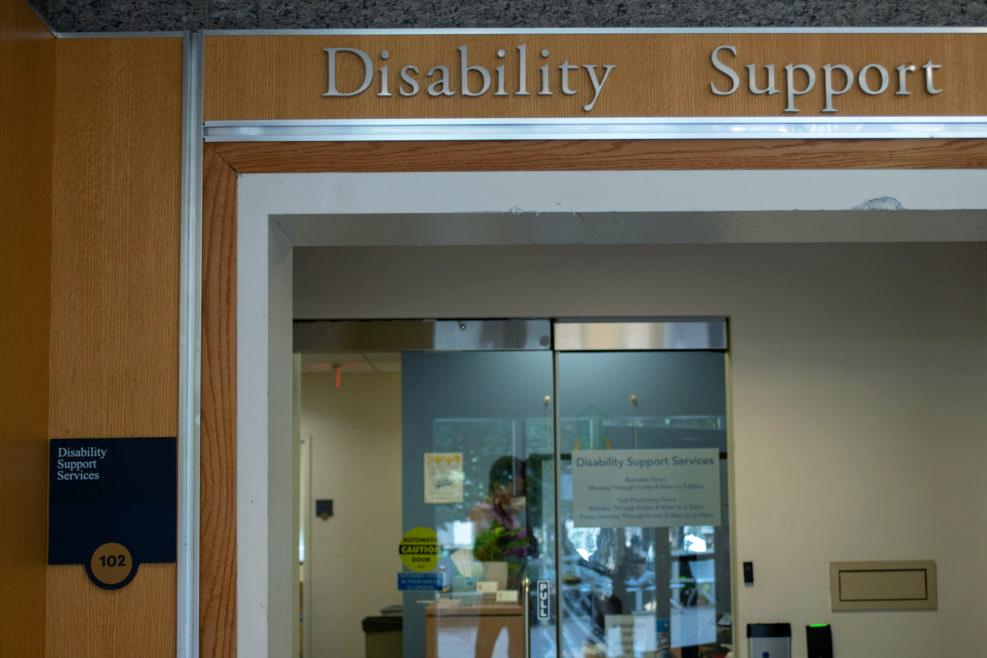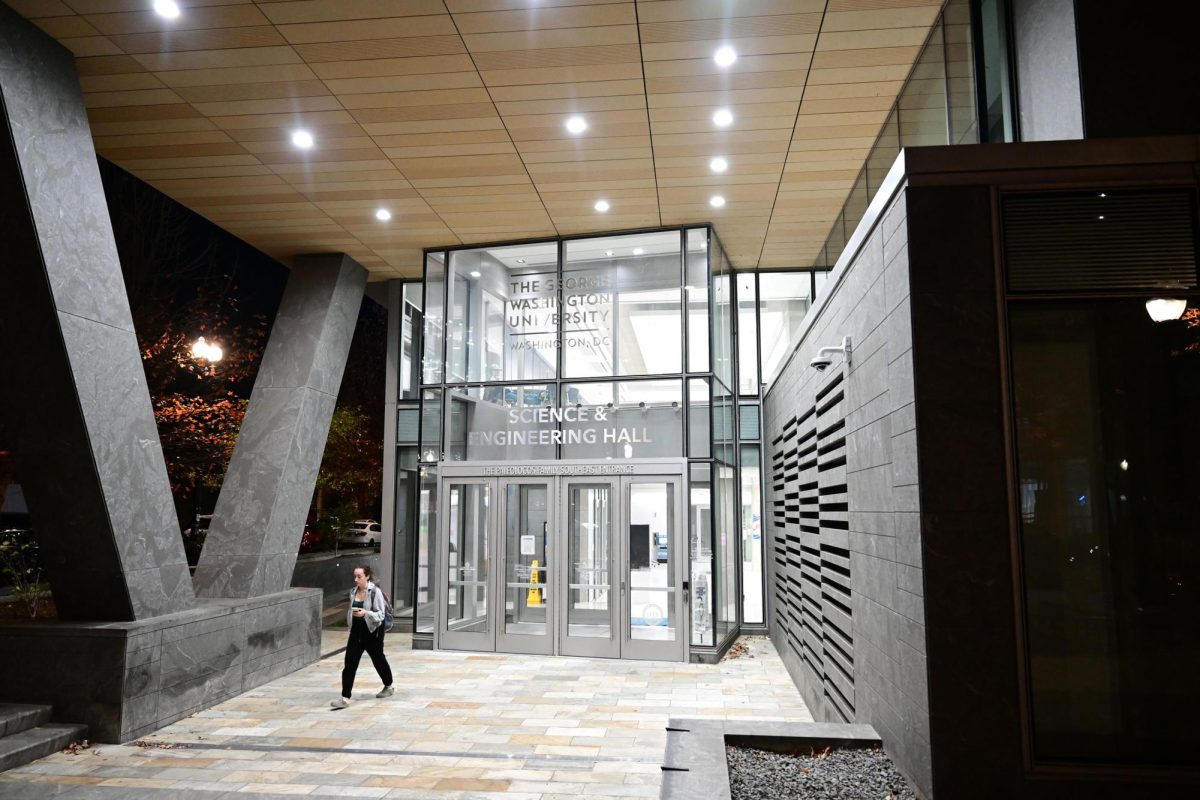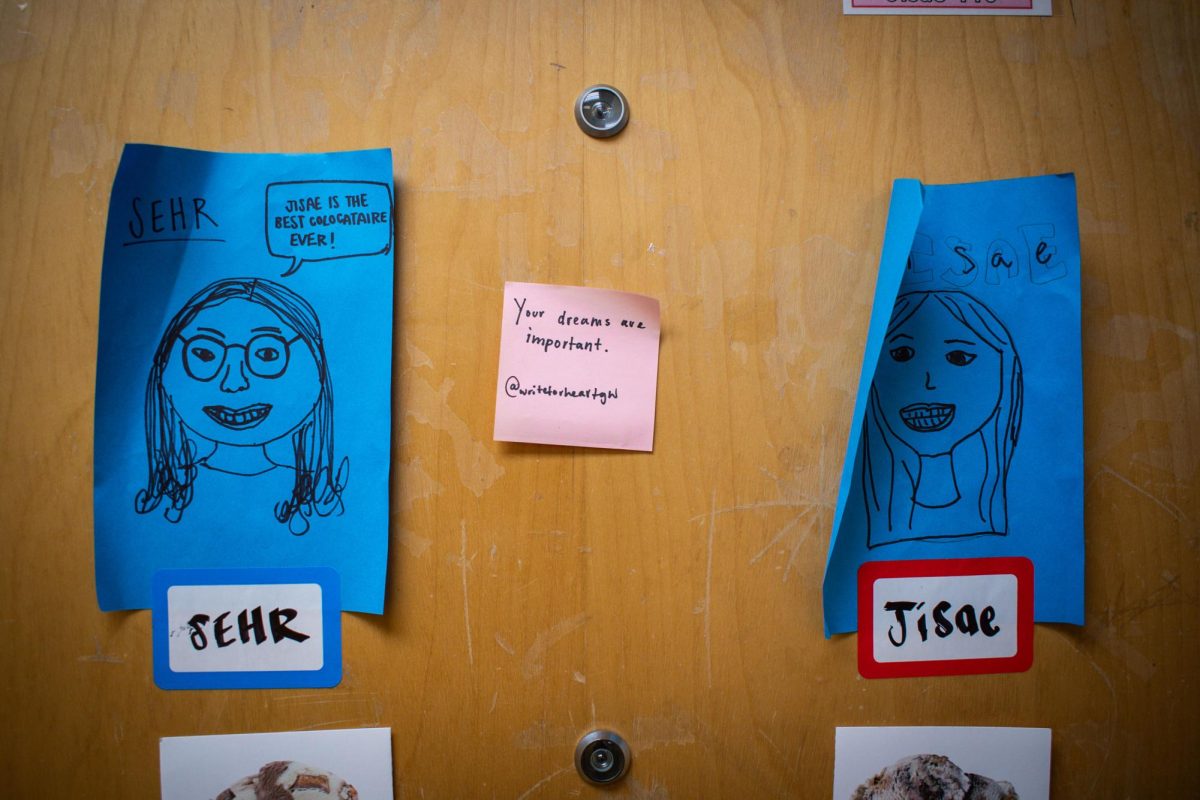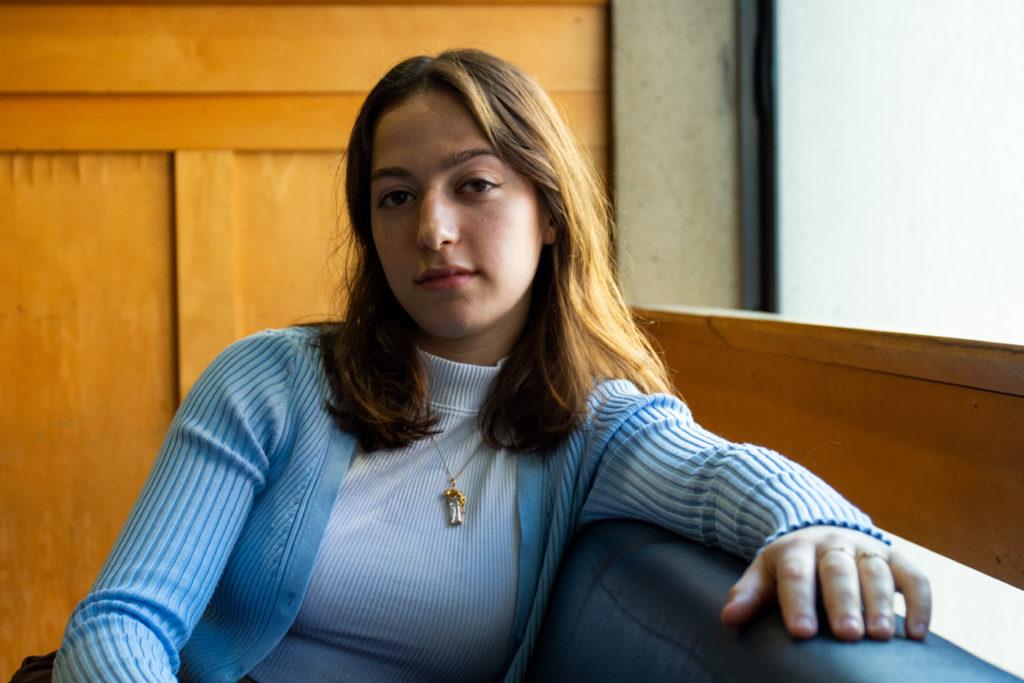Captioning accommodations for deaf and hard-of-hearing students are remaining online this fall despite GW’s in-person reopening.
Officials said they alerted about 13 students on September 3 that their Communication Access Realtime Translation providers, who offer captioning and interpretation services for hard-of-hearing and deaf students, would remain online this fall. Students who rely on CART services during classes said GW’s communication was last-minute and left their professors without the proper equipment to accommodate virtual captioners.
Maggie Butler, the director of Disability Support Services, said an “industry-wide” shortage in providers willing to work in person during the COVID-19 pandemic drove the University’s decision to keep these workers online.
She said DSS purchased more licenses for Ava, a line of live and “highly accurate” captioning software that deaf and hard-of-hearing students can use for online classes. She said officials also equipped professors with lavalier microphones to enhance the sound quality of the captioning software for CART providers who caption lectures and discussions.
“DSS welcomes the opportunity to work collaboratively with students to improve services that support their access and well-being,” Butler said in an email.
CART services act as a real-time speech-to-text translation that’s typically generated by someone using a stenograph, a typing device that uses shorthand and transcribing software, according to the National Association of the Deaf website. These providers will provide captions remotely while deaf or hard-of-hearing students take classes in physical classrooms.
Students who are deaf or hard of hearing can request CART services if they are approved for DSS accommodations for their classes, group discussions and University events, the DSS website states.
Nora Hoffman, a junior majoring in political science and English who is hard of hearing, said DSS sent her an email three days before classes, stating that CART providers would operate remotely this fall – a notice that she said was “frustrating” to receive just before the semester kicked off.
“I feel that DSS could have communicated this information earlier than they did,” she said. “It was very sudden, and we had been under the impression that our providers were going to be in person.”
Hoffman said she opens a Zoom meeting in her in-person classes for the captioner to attend her class remotely and transcribe. She said DSS ordered extra adapters for students to plug into their computers and receive sound from a microphone while captioning on a Zoom call.
She said CART providers can face some technical issues with remote learning, struggling to hear other students sitting far away from the microphone during discussion. She said most of her professors did not have microphones the first week of in-person classes, which made it difficult for captioners to understand the professor.
“Only one of my professors had access to a microphone as of Friday the 3rd, and even then, captioners struggle to understand what they are saying because they cannot see the board and do not have context for the class beyond what the course is,” she said.
You Lian Weiner, a senior majoring in public health who is hard of hearing, said professors were unprepared because of GW’s late communication and lacked the proper equipment, like microphones and clear masks, to accommodate students with CART providers during the first week of classes. She said the providers are much less effective online than in person because it is more difficult to capture all the voices in the class when only the professor has a microphone.
She said CART providers before the pandemic were normally seated in the classroom and able to hear students and professors more clearly to caption the class.
“The scribe can often only hear the voice of the professor and misses a lot of student responses,” Weiner said in an email. “This makes discussion-based classes practically impossible (of which I have three). If it were in-person CART, the captioner would be seated in the classroom and be able to hear everything the students and professors are saying.”
Weiner said DSS provides clear masks and microphones for professors with deaf and hard-of-hearing students to read lips, but her professors had not picked them up from staff after the first week of classes. Interim Provost Chris Bracey said at a Faculty Senate meeting Friday that DSS had provided clear masks to classrooms where professors teach deaf or hard-of-hearing students.
“I wish DSS would utilize a bit more administrative power to compel professors to take DSS more seriously and be more proactive about it,” Weiner said. “I don’t think all the responsibility should fall on the student to request accommodations, equip professors with technology and also teach them how to use it.”








